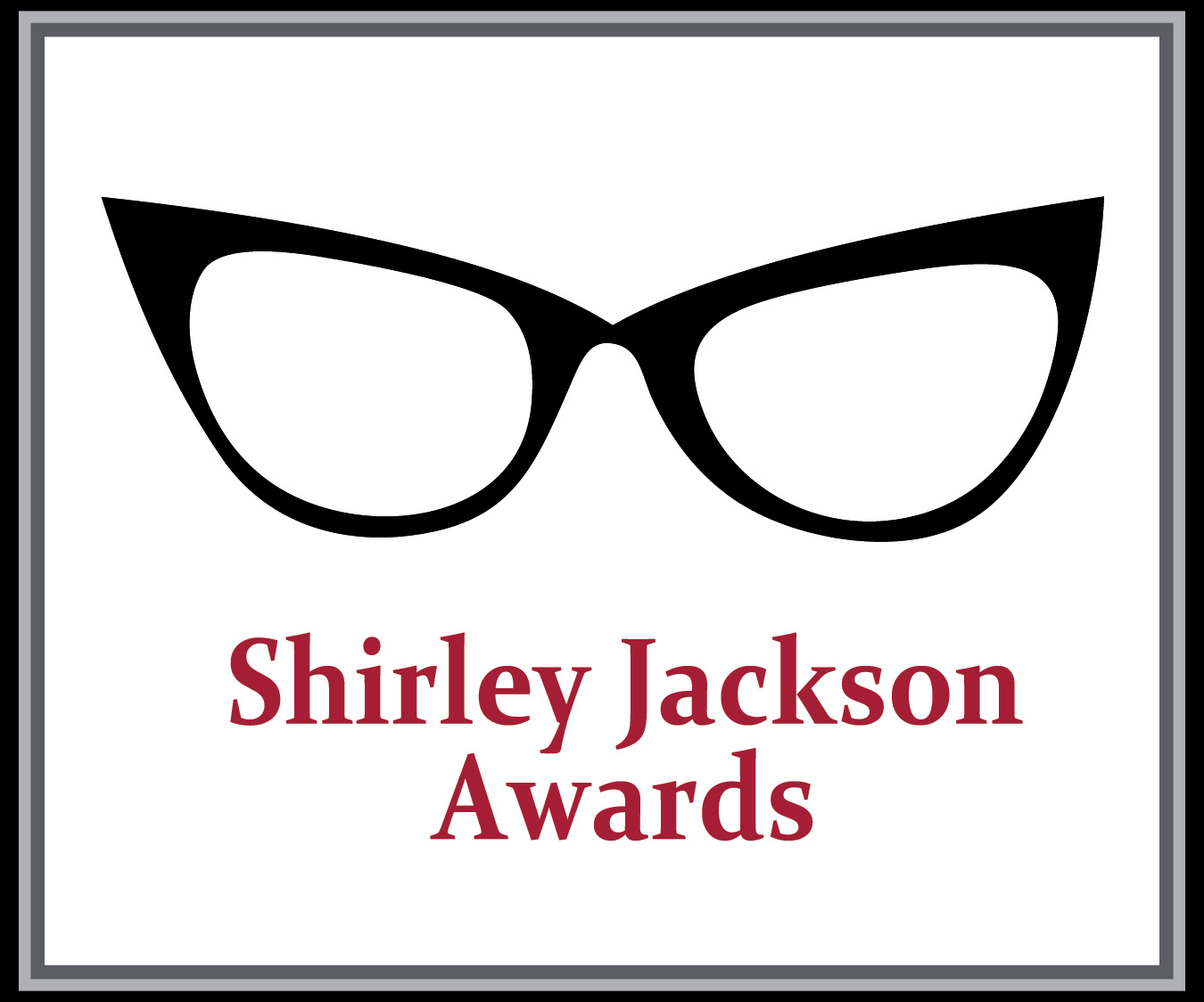Jason Ockert is the Shirley Jackson Awards nominated author of the short story “Max.”
In “Max,” it’s a simple conceit, but what made you do the interplay between MACS and Max? Did the title and the character gestate into the story immediately or was it a later addition?
First of all, I want to thank you for taking the time to do this, Charles. I sincerely appreciate it.
Now, to the questions. Are you asking, “Which came first, the crow or the egg?” (Sorry, I couldn’t help myself…)
Max came first. I needed to have the boy in order to have the absence of the boy. In this story, I tried to excavate some of the nuanced ways in which people—individuals and communities—grapple with grief. Instead of offering condolences and baking pies, the mothers in this town take up arms and follow the leader of the loss. Max’s mother, perhaps unconsciously, creates the acronym (Mothers Against Crows) as a coping mechanism. Maybe it’s “easier” (if not misplaced) to take your anger and sadness out on something physical rather than navigating the slippery caverns of the mind? Maybe with each downed bird the ache lessens? The mother, with the help of the MACS, endeavors to find out.
As I chased after the story—developing the characters, creating the setting, establishing the mood—elements like Max/MACS began to rise to the surface. I just tried to do justice to the ideas.
Why did you choose crows to be a recurring theme in the story? What is it about them that makes them creepy?
Sometimes I get the seed (pumpkin?) for a story from the landscape around me. Many years ago I lived in the Finger Lakes region of Western New York and I had this very long commute to and from the college where I taught. That commute afforded me a lot of time to think. In the late fall, I passed this pumpkin patch every day. Not well-versed in pumpkin farming, I wondered what the farmer was going to do with the fruit after Halloween. Well, as far as I could tell, the farmer didn’t do anything; just let them rot. Somehow, as I zipped back and forth past that field, the story found me.
Speaking of landscape, there are a lot of damned crows in that neck of the woods. Auburn, New York actually does (or did) have an annual crow-hunting contest. I started conjuring the characters by considering what kinds of folks did the hunting and what kinds of people did the protesting.
As far as crows go, I find them fascinating. (Does that make me creepy?) Myths about the bird are woven into many cultures. Ornithologists suggest that they are pretty smart, too. As a lover of language, my interest in the etymology of “eating crow” led me to Rudyard Kipling’s fascinating story, “The Strange Ride of Morrowbie Jukes.”
The birds are multi-faceted and they made sense, to me, to hold up as a mirror against the post-Max Graff family.
What’s the appeal of the short story format for you?
Nothing can break your heart like a good short story. Since there isn’t a ton of time to make sense of a shorter narrative you can often trick the heart into feeling something before the pesky brain goes to work dissecting, dissecting, dissecting. I like that a short story can create its own logic and that you can carry the world—the sentences—around with you as you move about the hum-drum day.
That being said, I’ve recently finished writing a novel which is in search of a good home. It features the loneliness of aging, wine, and brain-eating parasitic wasps. Buzz, buzz.
